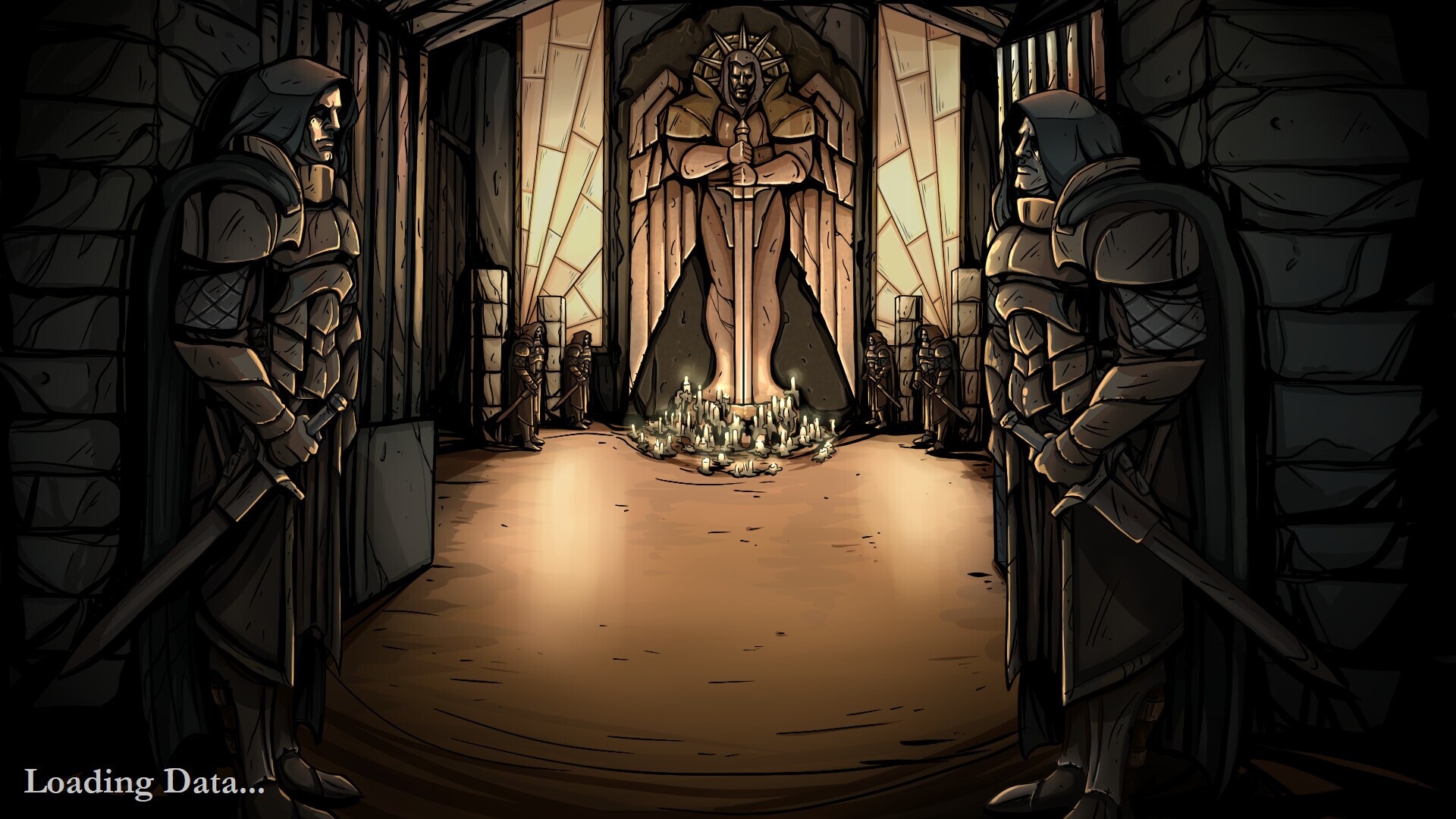Steam's NSFW Policy: Impact on Adult Game Development
Last Updated: October 23, 2025

The digital ecosystem for PC gaming is in a constant state of flux, but a pivotal policy shift on Valve's Steam platform in late 2023 has had a lasting and profound impact on the adult gaming niche. What began with reports from a single independent developer has solidified into a new reality: Valve now restricts developers from adding new NSFW (Not Safe For Work) content to "adult-only" games through simple post-launch patches.
This move, driven by immense pressure from external financial networks, has fundamentally altered development roadmaps and highlights the precarious balance between platform openness and commercial reality.
The Evolving Landscape of Content Moderation on Steam
Steam's journey with content moderation has been long and complex. The platform historically swung between a hands-off, laissez-faire approach and periods of tighter restriction. Over the years, in response to public and internal pressures, Valve implemented tools like granular content tags, robust age gates, and more explicit guidelines, empowering users to filter their experience while creating a designated, if sometimes contentious, space for adult titles.
However, the policy that came to light in September 2023 marked a more direct and restrictive form of intervention. The issue was thrust into the spotlight by Crimson Delight Games, the studio behind the fantasy RPG *Tales of Legendary Lust: Aphrodisia*. Their game had successfully passed Valve's initial review process and was appropriately tagged with adult content warnings before its launch. The studio's post-launch strategy, common for many indies, involved enriching the game with additional "sexy scenes" via regular updates while working on a major DLC expansion.
This plan was abruptly halted. Crimson Delight Games reported that Steam Support had informed them that new sexually explicit content could no longer be added via standard updates. Instead, any such additions must be packaged and submitted as a "proper official DLC" for a separate, formal review, effectively ending the practice of agile, iterative NSFW content delivery.
The Unseen Hand: Global Payment Networks and Platform Pressure
While it's easy to point the finger at Valve, the root cause of this policy shift lies with the powerful, often invisible, entities that govern digital commerce: global payment networks. As Crimson Delight Games and other developers have noted, the true pressure comes from financial institutions like Visa, Mastercard, and PayPal. These companies are not merely transaction processors; they are gatekeepers whose terms of service include stringent, often conservative, rules about the types of content associated with their services.
Driven by a need to mitigate reputational risk, avoid legal liability, and minimize chargebacks related to controversial material, these networks can threaten to withdraw their services from any platform they deem non-compliant. For a digital storefront the size of Steam, losing a major payment processor would be a catastrophic, business-crippling event. This immense leverage forces platforms to adopt stricter content policies to stay in the good graces of their financial partners. The DLC requirement is a direct result of this pressure—a compromise that allows the content to exist, but only within a framework of rigorous, centralized vetting that can be audited and justified to payment processors.
The Ripple Effect on Independent and Niche Development
For independent developers in the adult gaming space, this policy change created significant operational hurdles. The agile model of incrementally adding content through patches is a lifeline for small studios. It fosters community engagement, allows for rapid response to player feedback, and provides a steady stream of new material without the administrative overhead of a full DLC submission.
Forcing every NSFW addition into a formal DLC package introduces friction into this process. It increases development time, adds an administrative burden, and can disrupt the content pipeline players expect. For a game like *Tales of Legendary Lust: Aphrodisia*, where the explicit content is a core selling point, the policy directly impacts its planned growth and player engagement strategy. This has led many developers to become more cautious with their post-launch roadmaps, consolidating updates into larger, less frequent DLCs or seeking alternative platforms like Itch.io and Patreon to distribute uncensored patches directly to their communities.
Valve's Perpetual Balancing Act
Valve remains in the unenviable position of balancing the interests of its diverse developer base, its global audience, and its powerful financial partners. On one hand, the company champions its image as an open platform that supports a wide spectrum of games. On the other, it must navigate the complex web of international regulations and the stringent demands of payment processors.
The DLC-only rule for new NSFW content represents Valve's attempt at a solution. It centralizes control and ensures all explicit material undergoes the same level of scrutiny, creating a defensible paper trail for their financial partners. While this is a logical step from a risk-management perspective, it has undeniably alienated a passionate segment of developers and players who value the platform's previous flexibility. It underscores the growing tension between the ideal of an open digital marketplace and the commercial realities that force sanitization.
The Future of Adult Gaming in a Mainstream World
The incident with Crimson Delight Games was not an isolated event but a clear signal of the modern digital landscape. As financial gatekeepers continue to exert their influence, and as platforms prioritize risk mitigation, the space for boundary-pushing adult content on mainstream storefronts will likely continue to be tightly controlled.
This "dematuring" of mainstream gaming platforms is not a purely cultural shift but a direct consequence of commercial and financial forces. Developers of adult-only games are now forced to adapt, either by altering their content strategies to fit within Steam's stricter rules, building parallel distribution channels for their uncensored content, or migrating entirely to more specialized platforms. While Steam provides unparalleled market access, the cost of that access for certain genres is a clear compromise on creative freedom and development agility. The ongoing evolution of these shadow policies, dictated by unseen financial partners, will continue to shape the boundaries of artistic expression in gaming for the foreseeable future.